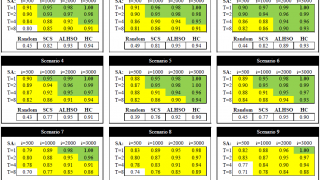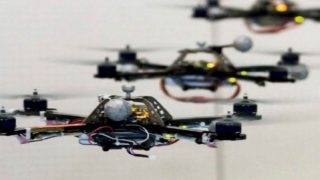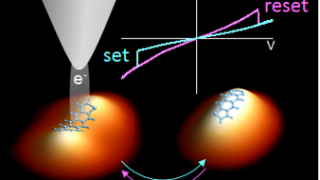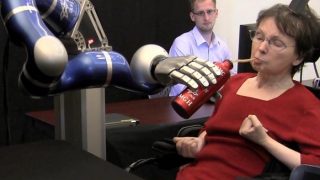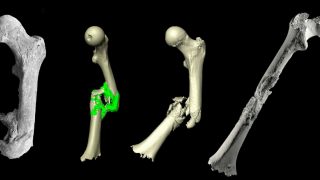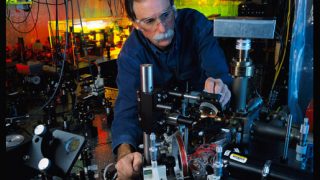
Simulating particle physics in a quantum computer
Particle physics is an interesting and complicated field of study. Its theoretical framework, the Standard Model, was developed during the second half of the twentieth century and it opened he possibility to explaining the behavior of the basic blocks of the Universe. It also classified all the particles, from the electron (discovered in 1897) to […]
